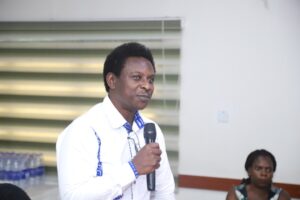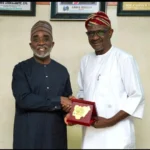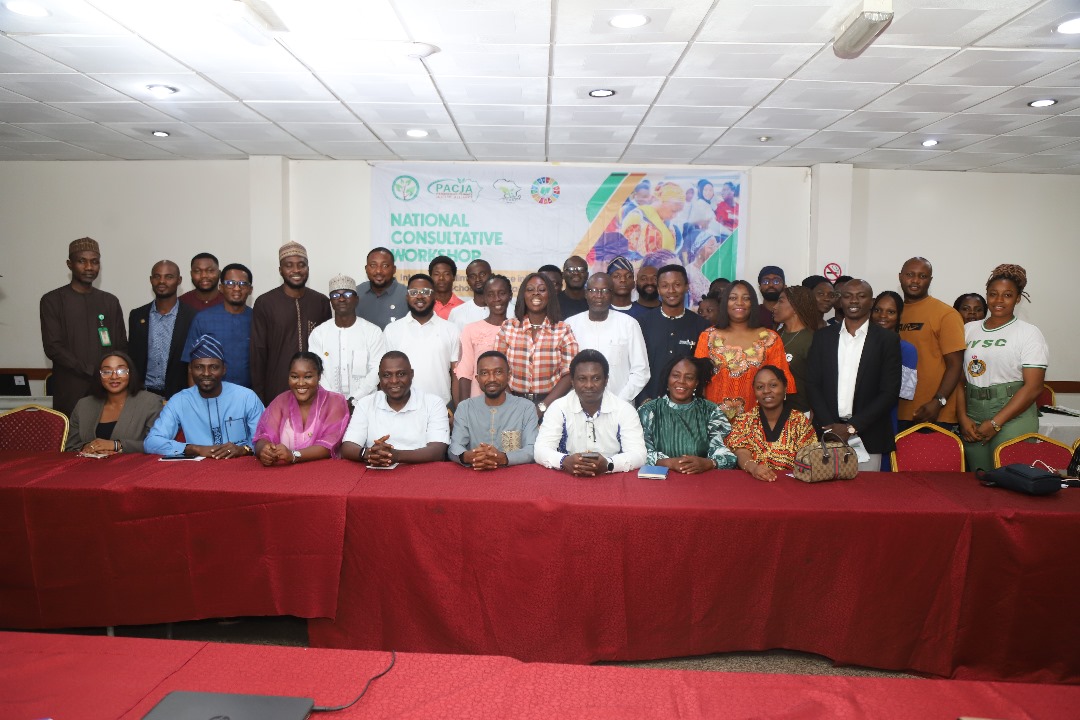By Abigael Joshua
Stakeholders in the climate justice sector have called for the integration of climate justice into the Nigerian secondary school curriculum to empower young people and promote environmental sustainability.
The call was made during a national consultative workshop on Wednesday in Abuja, organised by the Climate and Sustainable Development Network (CSDevNet), with the theme “Integrating Climate Justice into the Secondary School Curriculum”.
Dr Samson Ogallah, Head of the Climate Change Unit at the African Union, stressed the importance of embedding climate justice in education to ensure that future generations are equipped to confront climate-related challenges.
“Climate justice is rooted in the principle that the impacts of climate change are disproportionately felt by marginalised communities, those who have contributed the least to global emissions yet suffer the most,” he said.
He noted that in many African nations, including Nigeria, economies depend heavily on climate-sensitive sectors like agriculture, making the issue even more pressing.
Ogallah emphasised that education must go beyond climate science to include developing resilience, leadership, and a sense of justice among students.
“Integrating climate justice into the curriculum will empower our youth with critical knowledge and innovative skills. Geography lessons can focus on local ecosystems, while arts can be used to express visions for a sustainable future,” he added.
He also recommended the inclusion of case studies from communities affected by drought, flooding, and desertification to contextualise learning.
“Let us commit to this transformative effort. Through education, we can redefine the climate change narrative and create a more just and sustainable world,” he stated.
 In his remarks, Mr Atayi Babs, former National Network Coordinator of CSDevNet, said the initiative aimed to build the next generation of climate justice advocates through early engagement.
In his remarks, Mr Atayi Babs, former National Network Coordinator of CSDevNet, said the initiative aimed to build the next generation of climate justice advocates through early engagement.
“To ensure sustainable activism, we must carry the next generation along. Involving children is the most effective succession plan,” Babs said.
He added that introducing climate justice into school curricula would deepen advocacy, particularly because Nigeria is one of the countries most affected by climate change.
Dr Onuche Unekwu, Senior Lecturer at the University of Africa, Toru-Orua, Bayelsa State, outlined the workshop as a timely step to sensitise secondary school students on the implications of climate change and how to mitigate its effects.
“What we need to do is introduce the concept now so they can begin to tackle the negative impacts and help sustain the planet,” he said. (NAN)
Edited by Tosin Kolade












